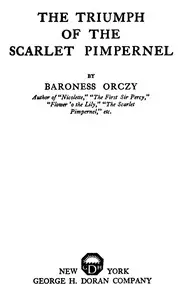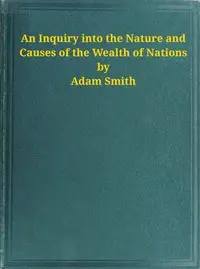"Egmont" by Johann Wolfgang von Goethe is a tragic play that takes place during the uprising of the Low Countries when they fought against Spanish control. The story zooms in on Count Egmont, a well-known military hero. He gets mixed up in tough political problems and personal struggles as tensions grow between those wanting to reform the Protestant church and the ruling Catholic powers. Right from the start, the book shows a vibrant scene: regular people and soldiers are celebrating wins, but they're also not happy with the harsh rule of the Spanish and the unfair Inquisition. People greatly admire Count Egmont because he is brave, leads well, and is kind to others. However, Egmont is a complicated person. He is famous and well-loved but worries about the growing unease and dangers around him. The conversations between characters show the rising unrest in the Low Countries, which foreshadows the political chaos that will ultimately bring about Egmont’s downfall. The play’s opening sets a historical stage filled with issues of loyalty, power, and the results of when to act or when not to, pulling the audience into the dramatic events about to unfold.

Egmont
By Johann Wolfgang von Goethe
In a time of rebellion and religious conflict, a celebrated leader finds himself caught in a web of political intrigue, leading to his tragic downfall.
Genres
Released
1999-10-01
Formats
epub3 (images)
epub
epub (images)
mobi (images)
mobi
txt
Free Download
Summary
About the AuthorJohann Wolfgang von Goethe was a German polymath, who is widely regarded as the greatest and most influential writer in the German language. His work has had a profound and wide-ranging influence on Western literary, political, and philosophical thought from the late 18th century to the present day. A poet, playwright, novelist, scientist, statesman, theatre director, and critic, his works include plays, poetry and aesthetic criticism, as well as treatises on botany, anatomy, and color.
Johann Wolfgang von Goethe was a German polymath, who is widely regarded as the greatest and most influential writer in the German language. His work has had a profound and wide-ranging influence on Western literary, political, and philosophical thought from the late 18th century to the present day. A poet, playwright, novelist, scientist, statesman, theatre director, and critic, his works include plays, poetry and aesthetic criticism, as well as treatises on botany, anatomy, and color.
Total Reviews
10.0k
Total reviews from Goodreads may change












![Faust: a Tragedy [part 1], Translated from the German of Goethe by Johann Wolfgang von Goethe](https://cdn.a2-host.cloud/aVXahljiexfZhC4Ds0TB_hpZCZ5J2CMZmS_FgD07FHk/rs:fill:215:325:0/g:ce/aHR0cHM6Ly9zcC1hc3NldHMuczMudXMtd2VzdC0wMDQuYmFja2JsYXplYjIuY29tL2Jvb2svMTQ0NjAvRmF1c3RfYV9UcmFnZWR5X3BhcnRfMV9UcmFuc2xhdGVkX2Zyb21fdGhlX0dlcm1hbl9vZl9Hb2V0aGVfY292ZXIuanBn.webp)






